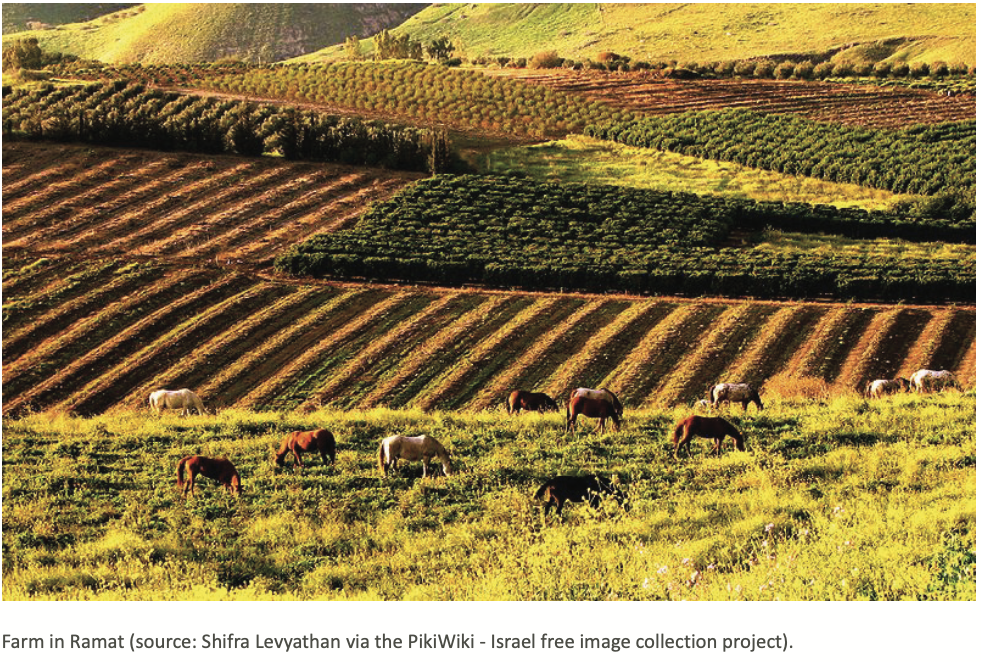
Every seventh year, the practice of shmita (“year of release”), which seeks to let the land rest after being worked for six years, raises practical issues and dilemmas for municipal authorities in Israel, even though a majority of Israeli citizens do not care about this issue, reports Pascal Manker in the French weekly La Vie (September 9). Another shmita has started with the Jewish year 5782, on September 7. The scriptural foundation for shmita is found in the Book of Exodus (23:10–11): “For six years you are to sow your fields and harvest the crops, but during the seventh year let the land lie unplowed and unused. Then the poor among your people may get food from it, and the wild animals may eat what is left. Do the same with your vineyard and your olive grove.” According to rabbinical tradition, the law applies only to the land of Israel and only to Jewish farmers, which meant that it had little practical consequence for many centuries. But the resumption of Jewish farming in Israel in the late 19th century marked the beginning of fierce debates. Besides the poor being able to take what might still grow on the land left fallow, farmers are also allowed to take food for their own consumption for a few meals. But the food should in no case be sold during the sabbatical year, while any imported food is fine.

On Israeli markets, ultra-orthodox Jewish sellers advertise their products as shmita-compliant— for instance, if they have been imported from the Palestinian territories or from Jordan and other places. Manker explains that some Jewish farmers will sell their land for one year to a non-Jew who will then return it to the original owner, or will use modern forms of agriculture whereby some vegetables can be grown in pots on greenhouse platforms without any contact with the soil, although this is not universally approved by rabbinical authorities. Some 3,500 farms, making up 10 to 15 percent of Israel’s cultivated land, are applying shmita and are provided with government subsidies to compensate their losses. But the principle also forbids towns from planting trees and flowers during the sabbatical year, which is now being criticized by environmentalists at a time of global warming. The Israeli newspaper Haaretz asked the authorities of the 21 largest towns in the country what they would do, and nine of them, including Jerusalem and Haifa, answered that they would refrain from planting trees and flowers during the coming year. Only one secular town stated that the shmita rules would not be applied, and the rest cautiously refrained from answering in order not to antagonize ultra-orthodox Jews. Manker explains that, while being a minority, those groups are also part of the identity of the country and are thus able to exercise an influence even after having been (temporarily) ousted from the government earlier this year..
(La Vie, https://www.lavie.fr/actualite/geopolitique/la-chemita-obligation-biblique-casse-tete- politique-76071.php)